Large herbivore diversity slows sea ice–associated decline in Arctic tundra diversity
New research published in Science with contribution by AIAS Fellow Jeff Kerby indicates that encouraging herbivore diversity in the tundra could mitigate some of the impacts of climate warming.
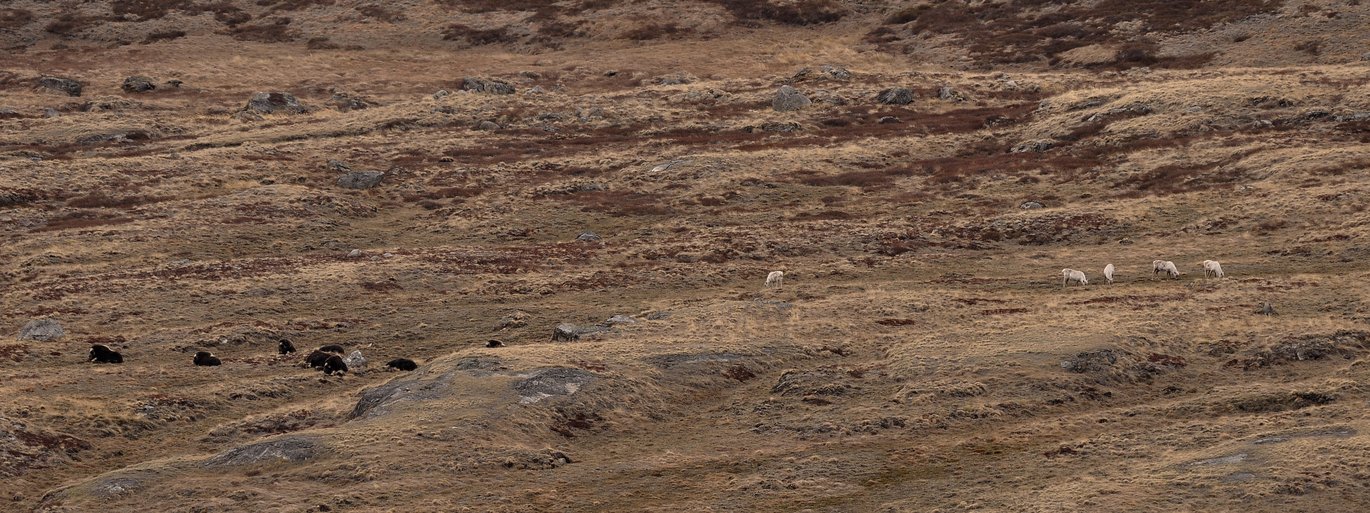
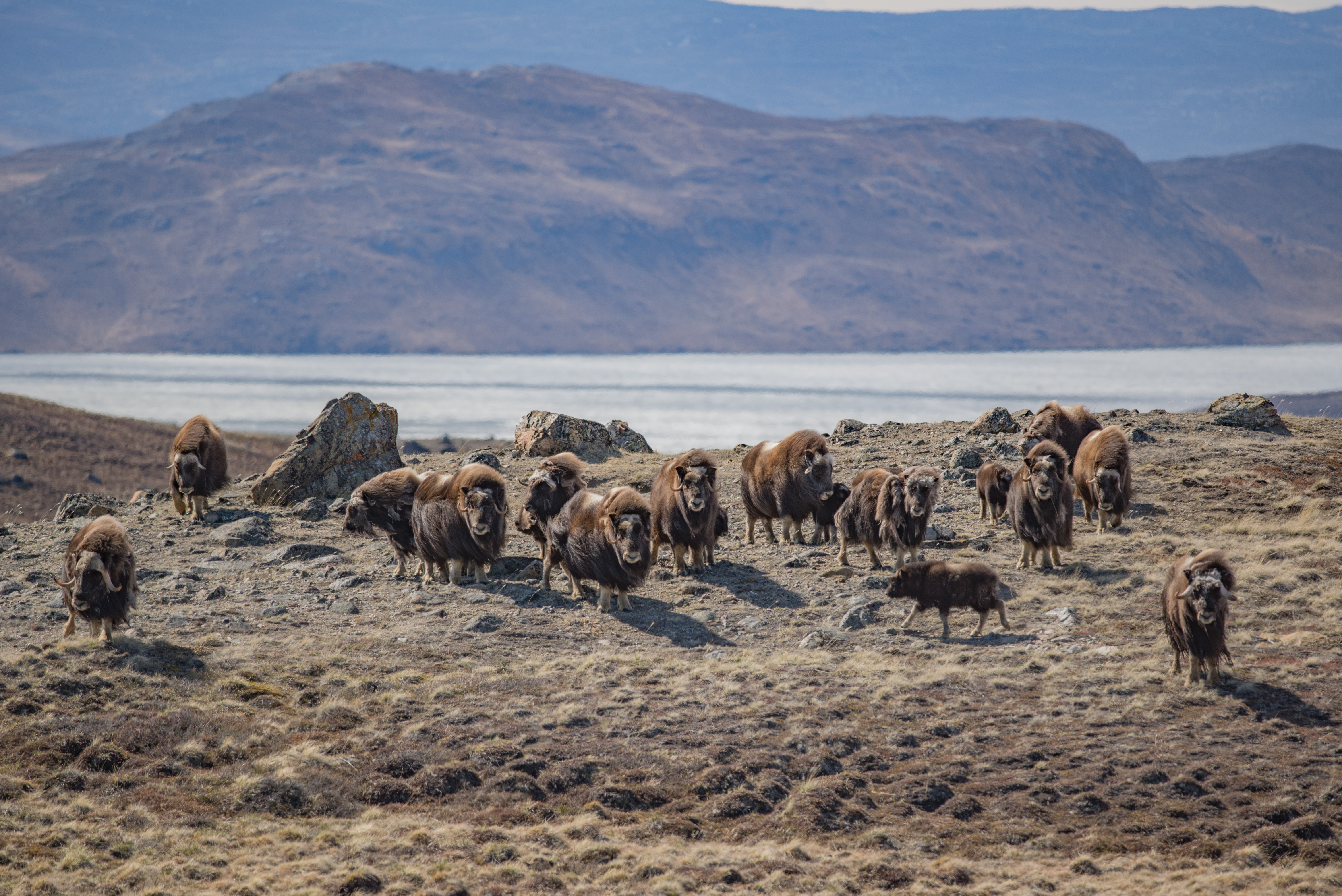
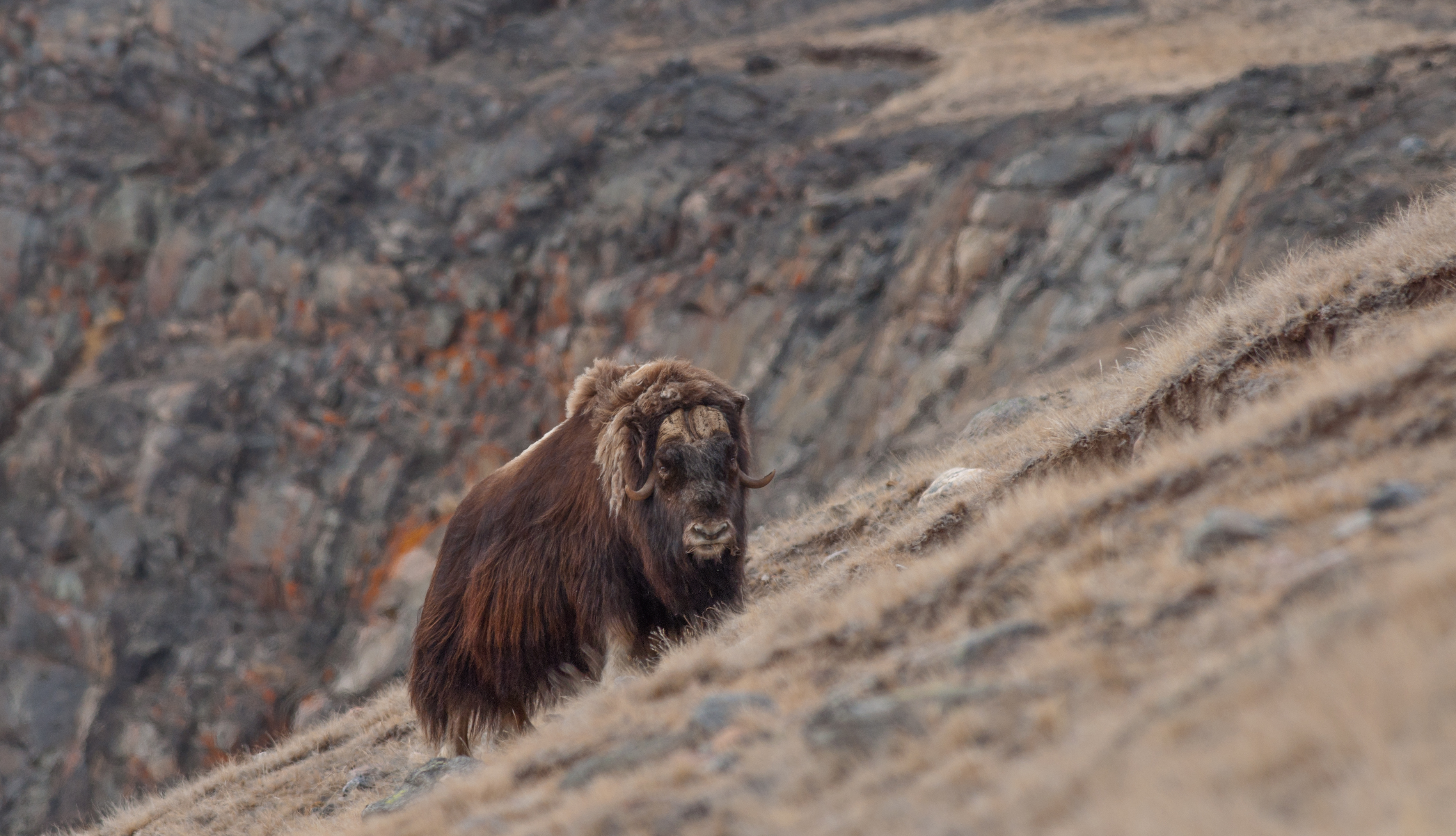
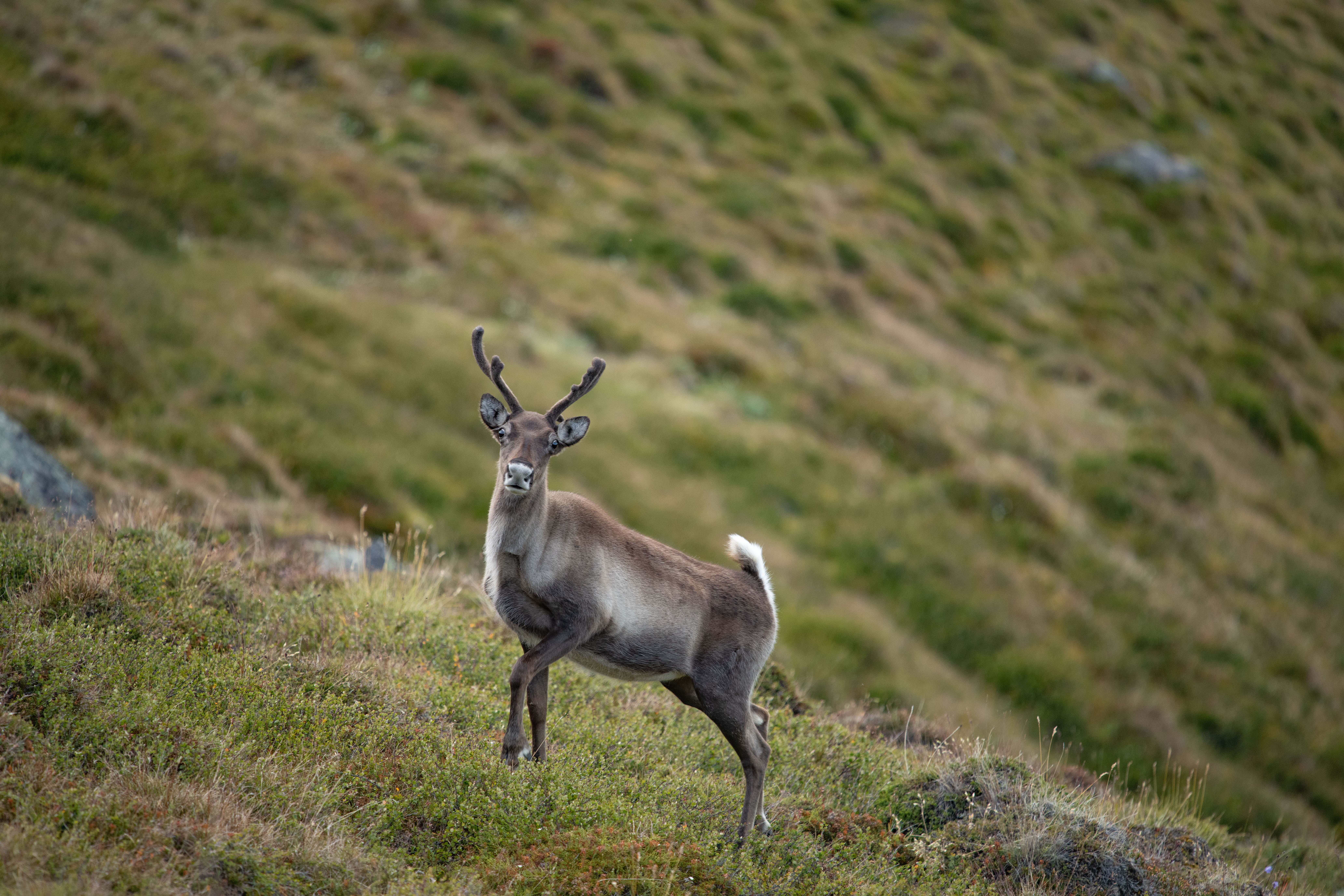
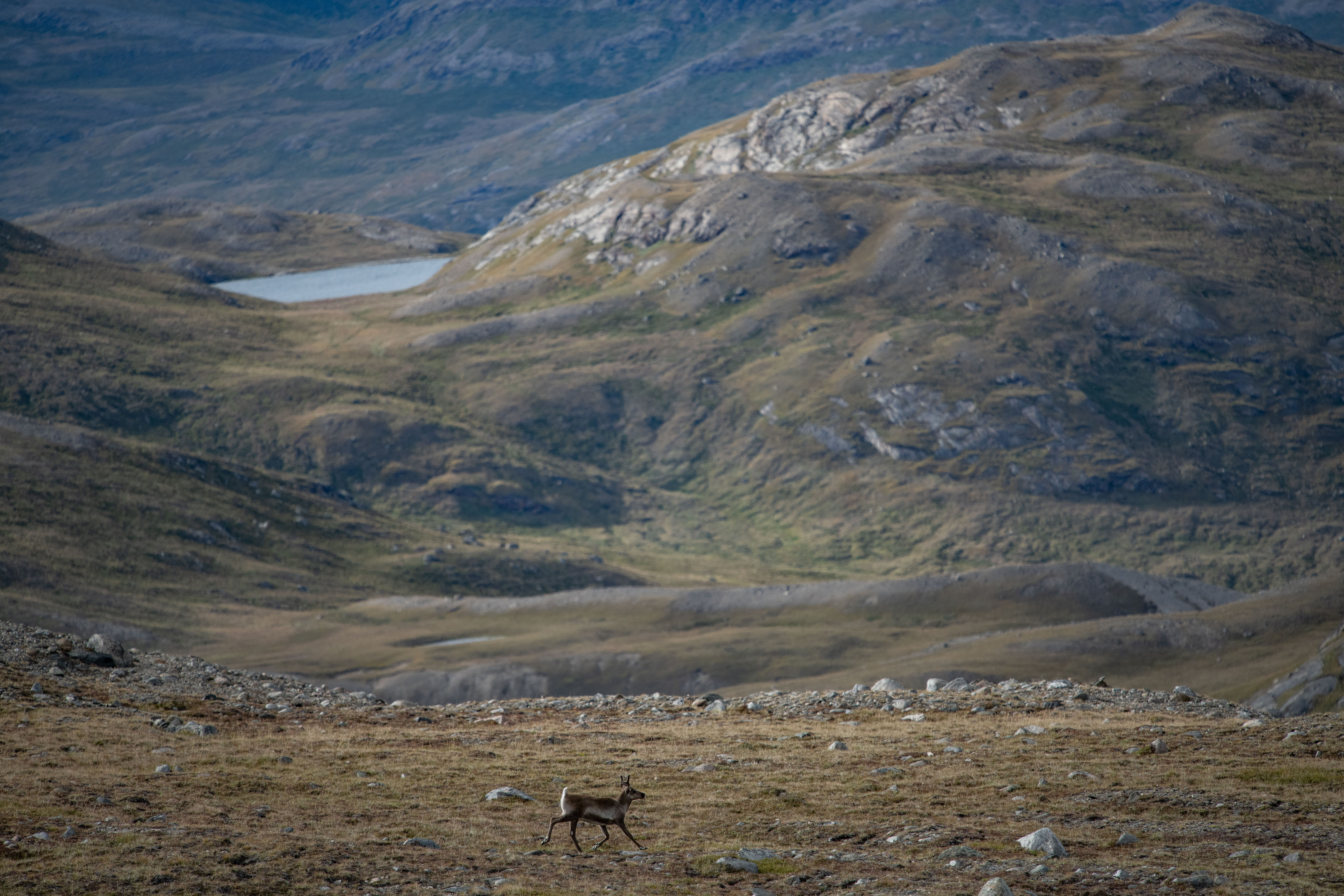
Arctic tundra is experiencing rapid climate change, including warming temperatures and loss of sea ice. Both plants and herbivores are affected by these abiotic changes. A 15-year warming and herbivore exclusion experiment has examined the effects of climate change and herbivory on the diversity of tundra plants, fungi, and lichens.
The findings of this 15-year study are now published in the scientific journal Science in the article ‘Large herbivore diversity slows sea ice–associated decline in arctic tundra diversity’ with contributions by Jeff Kerby, AIAS Fellow, postdoc at the Section for Ecoinformatics and Biodiversity, Department of Biology at Aarhus University.
Warming and loss of sea ice, loss of biodiversity
In the study, the international team of researchers found that diversity decreased over time across all treatments, which was mainly explained by losses of sea ice with ambient warming. However, large herbivores such as caribou and muskoxen tempered this decline in areas where they were not excluded, particularly under experimental warming.
The two herbivores studied, caribou and muskoxen, had different effects on the understory, with a positive effect of increasing muskoxen (and thus herbivore diversity) on tundra diversity. So the experiment shows that diversity declined slower with large herbivores than without them.
“There have been stark and clearly visible changes in the vegetation at this site since I first started working there in 2009. Willow and Birch shrubs have taken over some parts of the landscape, but even more so inside the fenced off areas. It’s a stark and clear pattern that we’ve been able to dissect into a more nuanced understanding of the system using 15 years of repeated field observations,” explained Jeff Kerby, AIAS Fellow, co-author of the paper.
Rewilding of the Arctic
The results of the study may have relevance to discussions of nature-based solutions to climate change impacts such as rewilding of the Arctic to mitigate tundra diversity losses associated with woody plant encroachment. The Science study further demonstrates that climate-driven vegetation diversity decline may be mediated by an increase in large herbivore diversity, even at the modest level of increase seen here.
Efforts focused on maintenance or enhancement of large herbivore diversity may therefore under certain conditions help mitigate climate change impacts on at least one important element of ecosystem health and function: tundra diversity.
As Jeff Kerby emphasised: “Herbivores can plan a key role in promoting tundra plant diversity by reducing common, woody species, allowing less common species to better compete. Our study in Greenland showed that a more diverse and abundant population of large herbivores slowed declines in plant diversity associated with climate change.”
Funding
Jeffrey Kerby has received funding from the European Union’s Horizon 2020 research and innovation program under the Marie Skłodowska-Curie (grant agreement 754513), and the Aarhus University Research Foundation.
Access the full scientific article
‘Large herbivore diversity slows sea ice–associated decline in arctic tundra diversity’ by Eric Post, Elina Kaarlejärvi, Marc Macias-Fauria, David A. Watts, Pernille Sporon Bøving, Sean M. P. Cahoon, R. Conor Higgins, Christian John, Jeffrey T. Kerby, Christian Pedersen, Mason Post and Patrick F. Sullivan in: Science, Vol 380, Issue 6651, 22 June 2023:
https://www.science.org/doi/10.1126/science.add2679
Contact
Jeffrey Kerby, AIAS Fellow, Postdoc
E-mail: jkerby@bio.au.dk
Department of Biology - Ecoinformatics and Biodiversity &
Aarhus Institute of Advanced Studies
Aarhus University
Høegh-Guldbergs Gade 6B
8000 Aarhus C
Denmark
